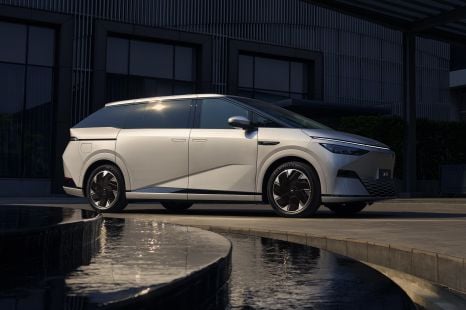

William Stopford
Will 2026 be the year of the people mover in Australia? China seems to think so
12 Hours Ago
Mercedes-Benz is looking at cheaper, lower-range batteries for its entry-level EVs but reckons buyers won't mind.

News Editor
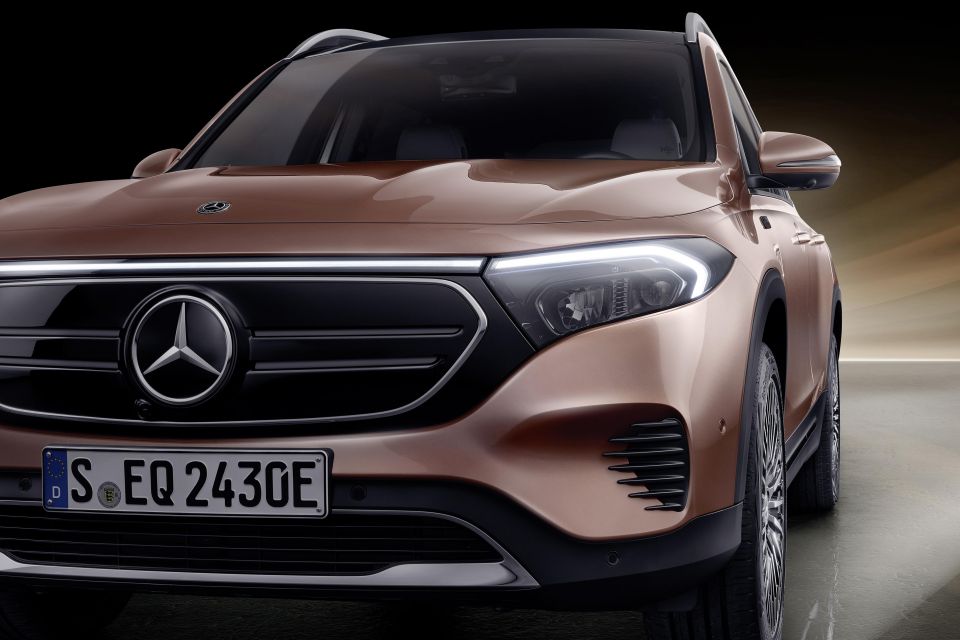

News Editor
Mercedes-Benz will switch to more affordable lithium iron phosphate (LFP) batteries for its next-generation small electric vehicles.
Automotive News reports the first cars to receive them will be the next-generation EQA and EQB from 2024 and 2025.
“We think there will be a lot of urban-oriented customers that do not need the E63 AMG,” said CEO Ola Kallenius, indicating consumers will accept shorter driving ranges for cheaper models.
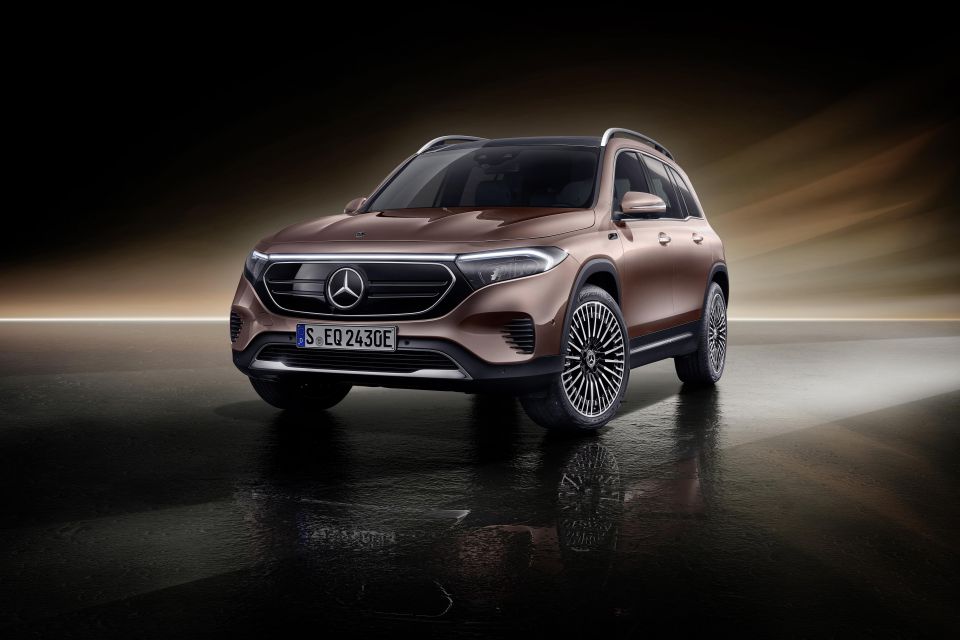
The switch to lithium iron phosphate batteries will help keep costs down for the company as it aims towards being EV-only by 2030 “where market conditions allow” and rolls out three electric vehicle platforms.
It also frees up supply of pricier nickel-based batteries for more expensive models like the flagship EQS.
The current EQA and EQB use a 66.5kWh lithium-ion battery, good for 419-432km of range on the WLTP test cycle depending on the model.
Mr Kallenius says while nickel and cobalt are in high demand for EV batteries, he’s confident Mercedes-Benz will have enough batteries for its growing range of EVs due to battery joint ventures and long-term contracts for raw materials.
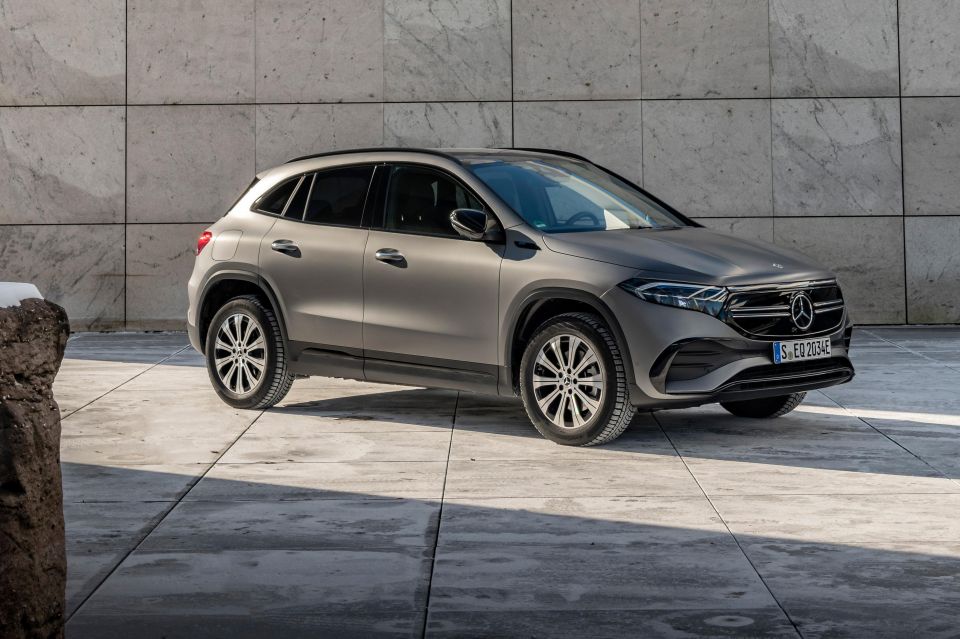
“We are covered, yes, but, it’s not where you can just lean back and say, ‘Well everything’s going to take care of itself,’” he said.
“You have to actively engage and try to manage the supply chain as we enter into the age of the electric car.”
Tesla has already moved to LFP batteries sourced from Chinese firm CATL for its Chinese-built Model 3, which it exports here.
The Chinese-built Model Y also employs them, while Tesla has announced it’ll roll out the new batteries on standard-range Model 3 and Model Y models built elsewhere.
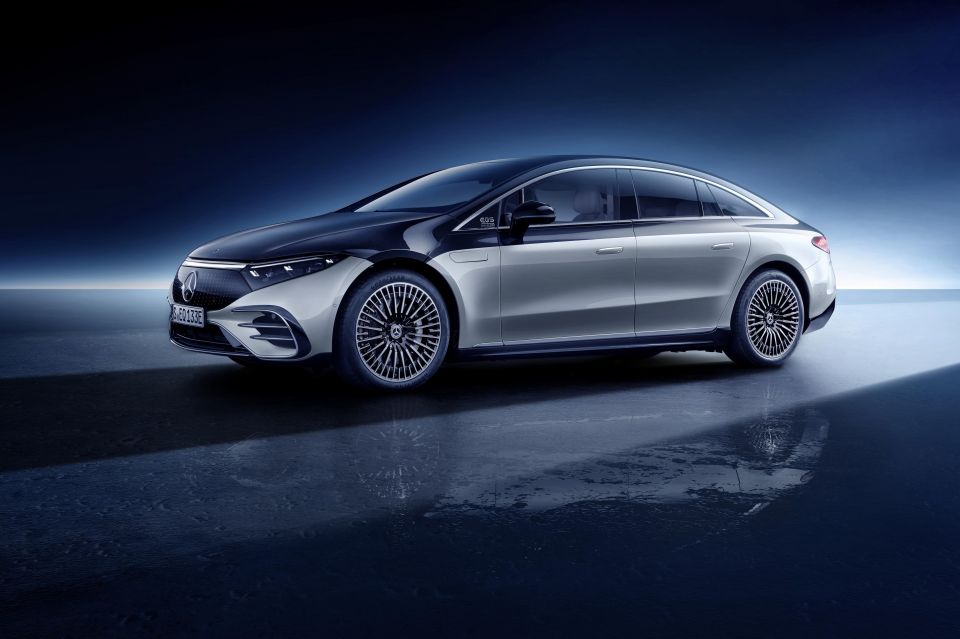
CATL also supplies the nickel-based, lithium-ion batteries used in the EQS.
LFP batteries are traditionally cheaper but the cells are less energy dense, which means they offer a shorter range.
Crucially, there’s less of a fire risk as LFP batteries are less prone to overheating. This has become a concern for automakers in the light of the huge recall of Hyundai Kona and Ioniq Electric and Chevrolet Bolt and Bolt EUV models, whose lithium-ion batteries posed a risk of fire.
Where expert car reviews meet expert car buying – CarExpert gives you trusted advice, personalised service and real savings on your next new car.
William Stopford is an automotive journalist with a passion for mainstream cars, automotive history and overseas auto markets.


William Stopford
12 Hours Ago
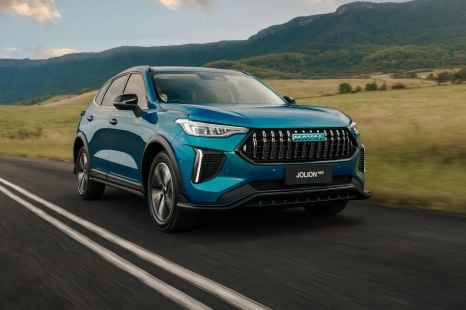

Max Davies
12 Hours Ago
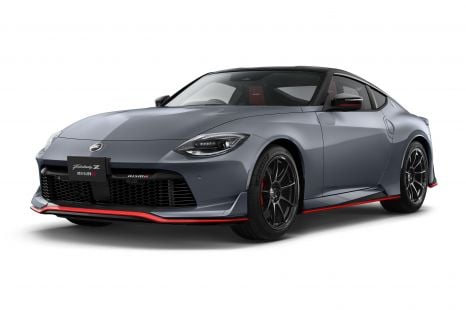

Derek Fung
13 Hours Ago
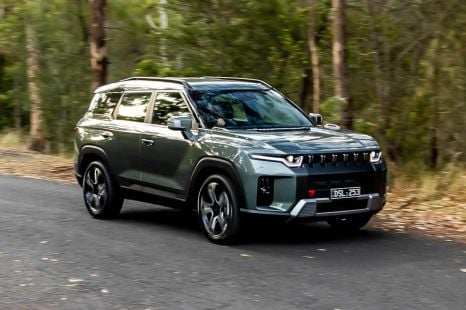

Matt Campbell
20 Hours Ago
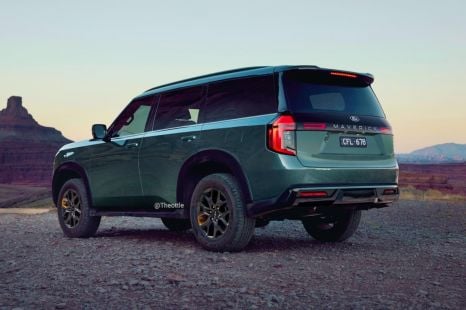

Ben Zachariah
1 Day Ago
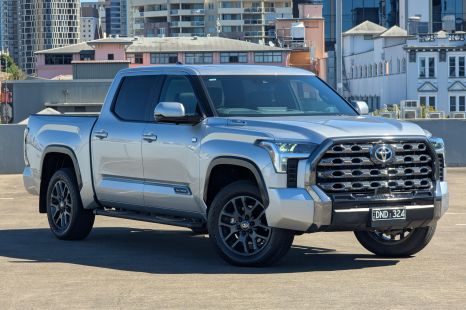

Damion Smy
2 Days Ago